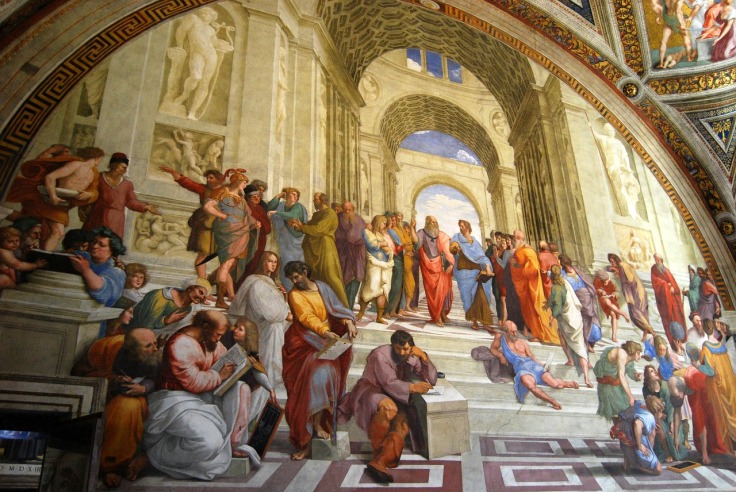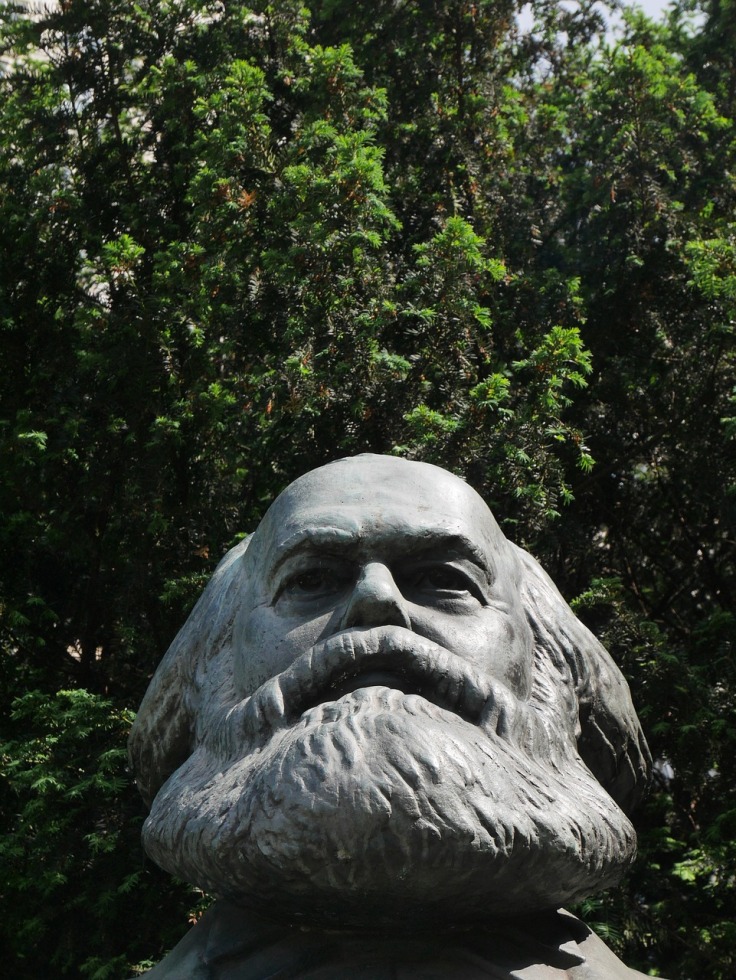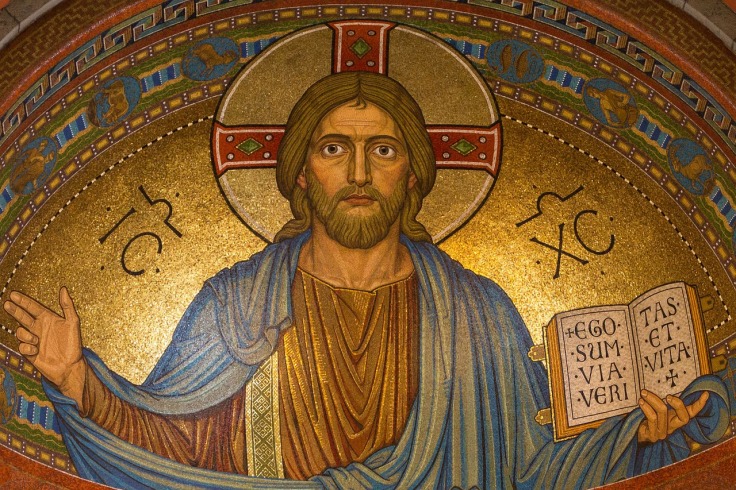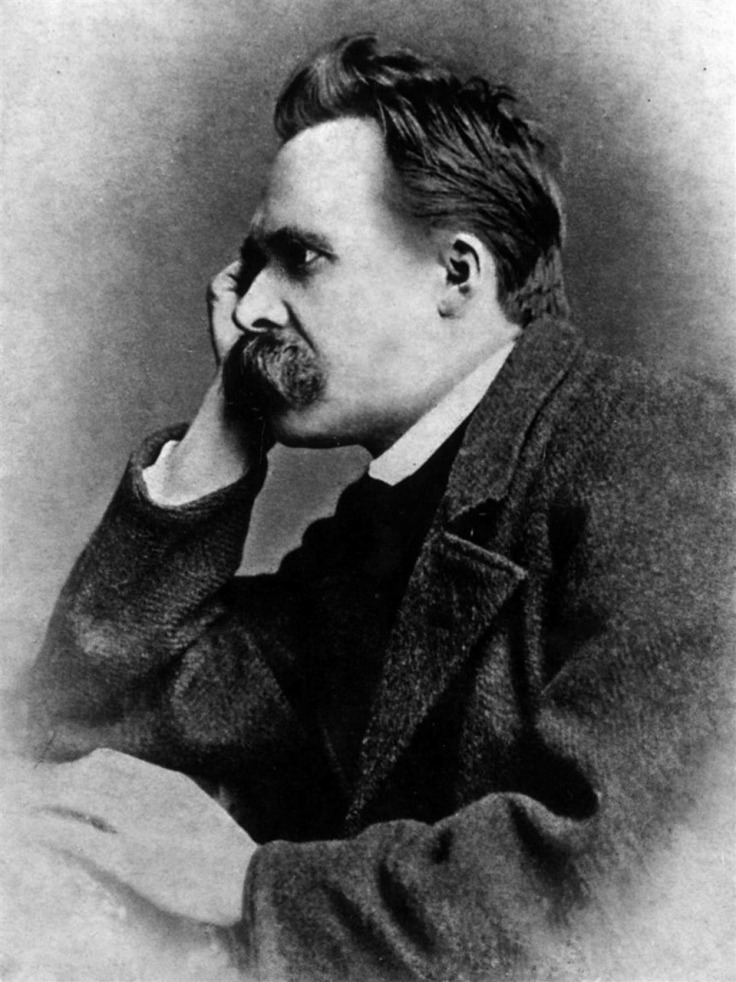
Philosophical issues with Common Grace. Hereafter CG.
Part One
Specific [non-biblical] criticisms of CG
- i) CG is unnecessary. The hidden premise of proponents of CG seems to be that God’s plan allows for some contingency. In other words without CG, the *amount* of evil in the world could somehow rise to proportions that would thwart God’s teleos. For example if person (x) wants to commit evil (y) what is stopping them? Adherents of CG would argue that if evil (y) does not occur then God’s CG has restrained evil (y). I would argue that CG [if you can even call it [ 1) Common and 2)Grace ] rather is part of God’s purpose in the world. If God has decreed that evil (y) will not come to pass, then by virtue of his will evil (y) cannot come to pass.
Let’s try this another way:
Suppose that (a) represents all acts of both “evil” and “good” in the world. In this thought experiment let (b) stand for the elect, and (c) represents God’s purpose.
If scripture is true (which I affirm) then the adherent of CG must say that either 1) evil is limited to a number of predetermined acts of evil which by definition are limited in number, scope, and are part of God’s plan or 2) Evil acts exist outside of the predetermined plan and God must respond actively to man both individually and specifically [more on this in a moment]. I would argue that the more logical position would be to deny CG and acknowledge that (a, b, c) are bound together in God’s redemptive purpose for his elect. The number of evil and good acts is predetermined by God, designed to bring his elect to salvation, and to further their sanctification.
In other words, if [a] is not tied in some way to [b] and [c] then [a] exists only in temporality. The logical conclusion of this premise is that for all that is entailed by [a] God must adjust [b,c] by observing the outcome of [a] as these events unfold in time. Open theism follows by good and necessary consequence. Remember CG as construed by adherents is that it has both 1) positive and 2) negative attributes. The positive pole is the sun shining on the just and the unjust as well as the negative pole i.e. restraining maximal evil. Apparently, CG did not function in the OT as it seems that the evil in Noah’s day was maximized to the point that God destroyed all but Noah’s family. Was it God’s will that he would punish the inhabitants of earth in that day by exacting the end of their days or had CG failed to restrain evil to the point that God was responding in time to evil acts [not realizing that they would act as evil as they did?]
ii) Implications of 2) Evil acts exist outside of the predetermined plan; God must select from any number of propositions. For every occurrence of evil in the world; CG would posit that God has restrained the amount of evil that occurred. Philosophically this posits an indeterminism within the Godhead that responds to temporal events. Future causation is based on indeterminate and changing sets of propositions. Furthermore, the results of such a construct ultimately impugn God’s character by positing the Holy Spirit as the proximate cause of evil.
For example, let’s suppose that a man has a certain number of evil acts in mind (a) (b) (c) or (d). Each act of evil escalates objectively in evil. Let’s suppose that for each act of evil there are four possible outcomes. So that is (a x 4) (b x 4) etc., in this example there are 256 possible outcomes. CG would have us believe that the Holy Spirit selects (passively) by way of restraining (actively) all but one possible outcome. In this framework, God becomes the proximate cause of the evil act rather than the ultimate cause [the difference is remarkable] this also posits a future that is partially unknowable even to God.
iii) Posits a dualism within God’s grace. The concept of CG posits two sorts of grace. One special [electing] and the other common [non-electing]. Here CG generally and Kuyper specifically has as its project a redefining of total depravity. The sinner who is dead in trespasses and sins (Ephesians 2:1) is dead but not disintegrating. He is dead but Kuyper insists that he (the unregenerate) could get worse. While God’s special electing grace is not conveyed upon the spiritually deceased, he is able to respond to God’s common grace.
In Robert Reymond’s A New Systematic Theology of the Christian Faith he affirms Total Depravity but offers this clarification:
From these and many other passages which could be cited, it is clear that the Bible affirms of fallen mankind total (that is, pervasive) depravity. By this I do not mean that people act as bad as they really are by nature, since they are prevented from doing so by several manifestations of God’s common restraining grace… (Reymond, p. 452)
According to Reymond people are worse than they act. I can agree, however the part that seems troublesome is that now Reymond has God’s common grace manifesting itself in several different ways. He goes on to argue that civil government is part of God’s common grace. Isn’t this a non-sequitur? If civil government is an extension of grace how does one justify the existence of totalitarian dictatorships? What about Communist governments that are atheistic? The argument that Romans 13 is an extension of common grace breaks down. The passages are written to believers, not unbelievers. CG attempts to universalize an imperative to obey civil government, furthermore what about the criminal who did not *obey* civil government? Did God’s manifestation of common grace in this case fail to achieve its purpose? This leads to an infinite regress.
Part Two
2.Common Grace or common providence?
In denying common grace, one must wrestle with the Matthew 5:44-45
44 But I tell you, love your enemies and pray for those who persecute you, 45 that you may be children of your Father in heaven. He causes his sun to rise on the evil and the good, and sends rain on the righteous and the unrighteous.
This is an area where my thinking has been admittedly too high-minded and perhaps I have at times not allowed scripture to speak. I admit this, and to my chagrin must concede that God does *care* for both the elect and the reprobate. Early on, I would have likely denied this precept, perhaps taking my Calvinism much *higher* than the scriptural warrant. Much of this high-mindedness comes from the reformed tendency to use the word grace in connection with God’s providential care for the just and the unjust.
God’s providence, that is his care for the world extends to both the just and the unjust. He is the ultimate cause of all things that come to pass. In sending rain and sunshine, we must accept the premise that God does not withhold his providential care. In the comings and goings of both the elect and the reprobate God is worthy to be praised for his kindness.
3.Semantics and Common Grace
In contradistinction to the philosophical school of thought known as post-structuralism; Christians should argue that words do in fact have a fixed referent. The objection might be raised that arguing over the concept of common grace over against what I would advocate i.e. common providence is simply an exercise of linguistic sleight-of-hand. As alluded to above, I would still hold [with perhaps more sophisticated understanding] that the term “common grace” has been used equivocally in describing God’s providence. Linguistically, I would be reticent to ascribe the term charis to the reprobate. The untoward consequence of using the term charis as a descriptor of God’s disposition toward the reprobate allows for hypothetical universalism and an irrational notion of dualism with respect the well-meant offer of the gospel.
What does all this mean? Practically speaking it means that language is more than a mere conceptualization of non-descriptive properties. Grace [charis] entails more than simple providence, in fact bound up in the concept of grace is loving-kindness. On the other hand providence is the management of all sorts of states of affairs with respect to God’s creatures [elect and reprobate]. On reductionist terms, this means that *grace* must mean something less than loving-kindness and by extension we are guilty of equivocation if the terms have no fixed meaning. Accepting God’s providence does not negate his careful administration of the world that he has created, while ascribing to this administration the term grace, imports a disposition in God that is at odds with the perspicuous teaching of Holy Writ.[ cf. Psalm 2:4, Proverbs 1:26]
3i. Common Grace: Is it Salvific?
Reformed theologians should be most concerned with the tendency for Common Grace to be thought of as something more than providence. This concern was shared by Abraham Kuyper, perhaps the most well-known proponent of common grace. The fear was and seems to remain that the terms *common* and *special* grace will be conjoined. Sadly, in many circles the prescience of Kuyper has been realized. Common Grace is conjoined in a manner that often obfuscates the special nature of grace that leads to salvation. The confluence of these terms has led by good and necessary consequence to the notion that God makes a sincere offer of salvation to those that he has decreed would never come to salvation. In other words, common grace can become a sort of quasi-prevenient that is universal in scope. Common Grace proponents might demur on this point, however the indiscernible differentiation between prevenient grace and common grace posits the same outcome for the reprobate. God is gracefully working in the hearts of the reprobate leading them toward salvation even though *Calvinists* would say they cannot ultimately come and *Arminians* would argue that they must decide to accept or reject the wooing of the Spirit.
As a consequence, both Common Grace and Prevenient Grace implicitly deny that election takes place as an unchanging decree. Common Grace allows for good works in the reprobate ultimately stopping short of salvation though one could argue that this decision was determined a priori, it seems logical to conclude that this premise conjoined with a sincere offer of salvation on God’s part leads by necessity to a hypothetical and contingent salvation based on a decision to accept or reject God’s grace in salvation. Thus irrationality is ascribed to God in both schemes. Prevenient grace posits salvation [and thus election] based on foreseen faith while common grace posits election based on a foreseen lack of faith.
Perhaps, the objection could be raised that this is not at all what is meant by common grace. In the original sense of the term, perhaps this is a fair rejoinder. However, accepting both common grace and the sincere offer of the gospel effectively changes the meaning of the first term. Preferentially, the term common grace would be better understood as providence. This seems to allow for God’s goodness as demonstrated toward the elect and the reprobate while denying sincerity in the gospel offer to those who will never come.











